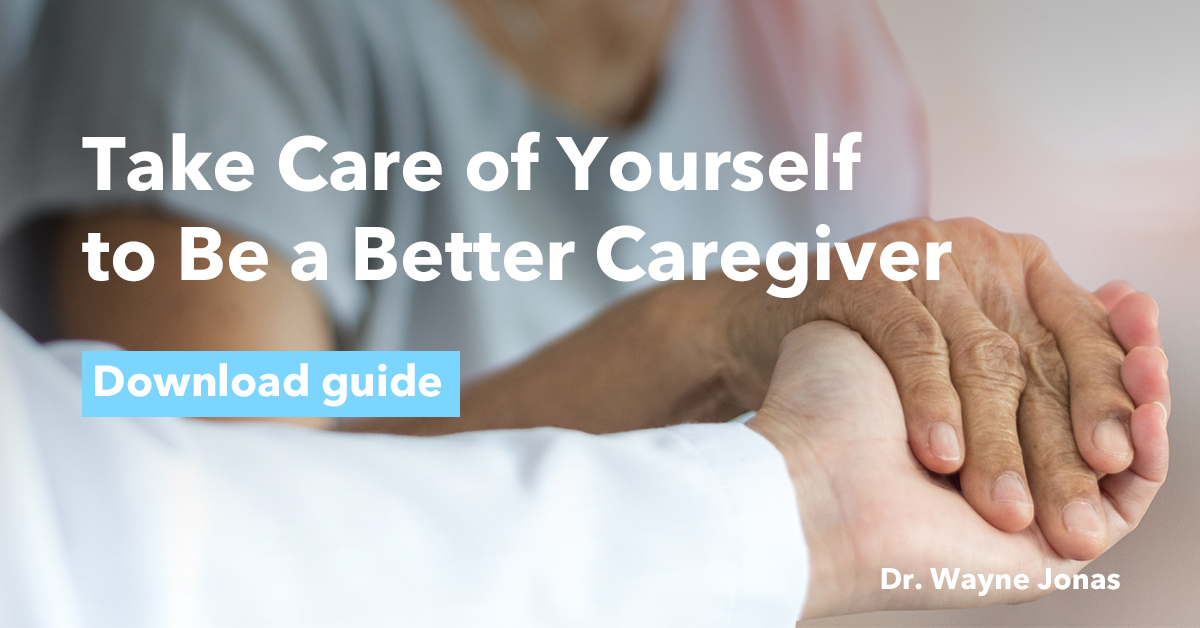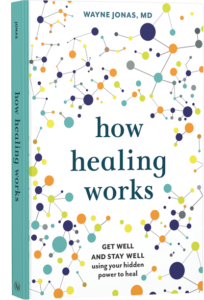Healing relationships cultivate emotional and spiritual well-being, creating a powerful way to maintain wellness or recovery. They are typically formed between family members, friends, or other individuals with whom you share a deep connection. During the pandemic, these relationships have been more critical than ever in part due to the healing nature of relationships and the harmful effects of loneliness. Here is how to build that now.
1. Do a Relationship Check-up
Ask yourself:
- Do you feel listened to and connected to people you love and care about?
- How is the quality of your relationships with family, friends and people your work with?
- How ready are you to make changes to improve your social support?
Those answers might surprise you. Perhaps a friend or family member is doing great and going back to your usual ebb and flow of communication is perfect, but someone else might need you more than ever.
Maybe you’re the person always helping and listening to a friend or loved one, but they never reciprocate the actions. Remember that the depth or quality of your relationships matter more than the quantity or number of people you connect with.
Now is a good time to take a deep dive into what your emotional needs are and see if they are being met. You need and deserve that. Everyone does.
2. Upgrade from Gold to Platinum
When it comes to relationships, we’ve been trained to think of the Golden Rule: “Do unto others as you would have them do unto you.” If you like communicating electronically, texting friends and family regularly can seem like a good approach. If you like people calling you to catch up, you may think others will like that, too.
When COVID started, a “how are you doing?” phone call, text, or video date were great ways to check in on friends and family. At this point, that might not be what they (or you) need to continue feeling supported emotionally.
This “golden rule” approach can cause problems. The first is that you may not be building the emotional, healing relationship you need or want because the other person isn’t available or comfortable with those methods. Challenges with tone can lead to miscommunication and frustration. Technology remains problematic for some and others are simply burnt out by it. The second is that the other person may need the emotional support you want to offer but isn’t receiving it because he or she relates to a better form of communication. Finally, when both people aren’t on the same page, feelings can get unintentionally hurt.
This is why there’s another, lesser-known method of treating people called the Platinum Rule that may be a better approach. It states: “Do unto others the way THEY want us to do unto them.” Basically, treat people the way THEY want to be treated, not how YOU want to be treated. It might take more work to figure out what this means in a healing relationship, but it is well worth it. Take a moment to think about how they engage you or just ask them. Being mindful and aware of this point can go a long way to ensuring your actions are hitting home. Listening is the key.

3. Manage Expectations
Many know someone with children that are having a hard time right now. It can feel impossible to go from parent to teacher and back to parent in a matter of minutes. They might even be trying to work from home at the same time. Add on emotions running high with everyone cooped up inside and concerns about family and friends contracting COVID, stress levels are likely through the roof.
Whether you relate to that situation or not, perhaps there’s a day you would really like to see a friendly face and talk about what’s going on or be a sounding post for a friend or family member. However, to that person, it might be more stressful than helpful or healing. When juggling schedules and exhaustion, a video date might be out of the question. This could be the same for a long text chain or responding to a lengthy email. While a lack of response could be a disappointment to you, it doesn’t mean they don’t care, or they don’t need you to help them refocus right then. It just means you need workarounds that work for both of you.
4. Create Memories through Shared Experiences
One of the things that have been lost this past year are new memories with family and friends. With little to look forward to and every day the same, it can feel depressing and like time is slipping away. Here are a few ways to keep your healing relationships in motion, continue creating inside jokes and new shared experiences.
- Video Messages vs. Video Dates
If you, a friend, or family member are face-to-face people, but schedules never align, don’t give up on that visual connection. Instead, consider sending a video. Both people can watch and respond when they’re available. Outside of just doing it on your phone through text messages, various apps make it fun with filters and stickers, and some even send messages to the other person if they haven’t watched a video in a few days. One popular app is Marco Polo. The basic features are free, and you can record a video for as long or as short as you would like.
- Cards vs. Texts or Emails
Instant gratification is great, but texts and emails can easily (and unintentionally) get overlooked. Instead of a text or an email, try sending a physical piece of mail. A funny or “thinking of you” card, or even just a handwritten note can be more meaningful than a smiling emoji. This is especially meaningful if the person is sick or recovering.
- Care Packages vs. Physical Interaction
Have you noticed your friend or family member is having a tough time? Maybe they’ve become hard to reach, things might appear extra stressful, or they have become depressed. It can be extra tough to help from afar. Consider putting together a care package. It doesn’t have to be elaborate, just a few things that might mean something to that person. If you don’t have time to do it yourself, there is a huge selection of gift selections or packages available online.
- Online Games/TV Watch Parties vs. “How’s life?”
Sometimes people need to have emotional conversations, but other times, it’s nice to get away from the seriousness of life. Being sensitive to who the person is and their needs, it can be fun just to play online card or board games. You can even watch your favorite shows together using Netflix and Hulu’s watch party options.
- Challenge Yourselves Together
Find a friend to work on a similar self-care goal together. Whether it is doing a walking challenge, enrolling in the same virtual exercise class, doing a gratitude practice, or committing to cook Meatless Mondays, you will have something to connect about and share.
It’s worth the investment
It may seem scary to go there but a single episode of a deep connection can induce healing:
- Patients with rheumatoid arthritis report significant pain reduction after a single episode of deep sharing.
- Patients with asthma have improved lung function—measured objectively with a spirometer—after a similar single sharing.
- Older patients who connect and share have improved immune function, less health care utilization and improved well-being.
- People with cancer have improved wellbeing and less treatment side effects after a writing about something emotionally meaningful.
More prolonged or repeated social and emotional exchange has profound and often permanent healing effects, especially if done in an emotionally safe environment and framed and guided in a positive direction with others to witness. Read more about how emotional connections can help you heal.
Sources: https://www.nia.nih.gov/news/social-isolation-loneliness-older-people-pose-health-risks

Your Health Into Your Own Hands
Drawing on 40 years of research and patient care, Dr. Wayne Jonas explains how 80 percent of healing occurs organically and how to activate the healing process.

